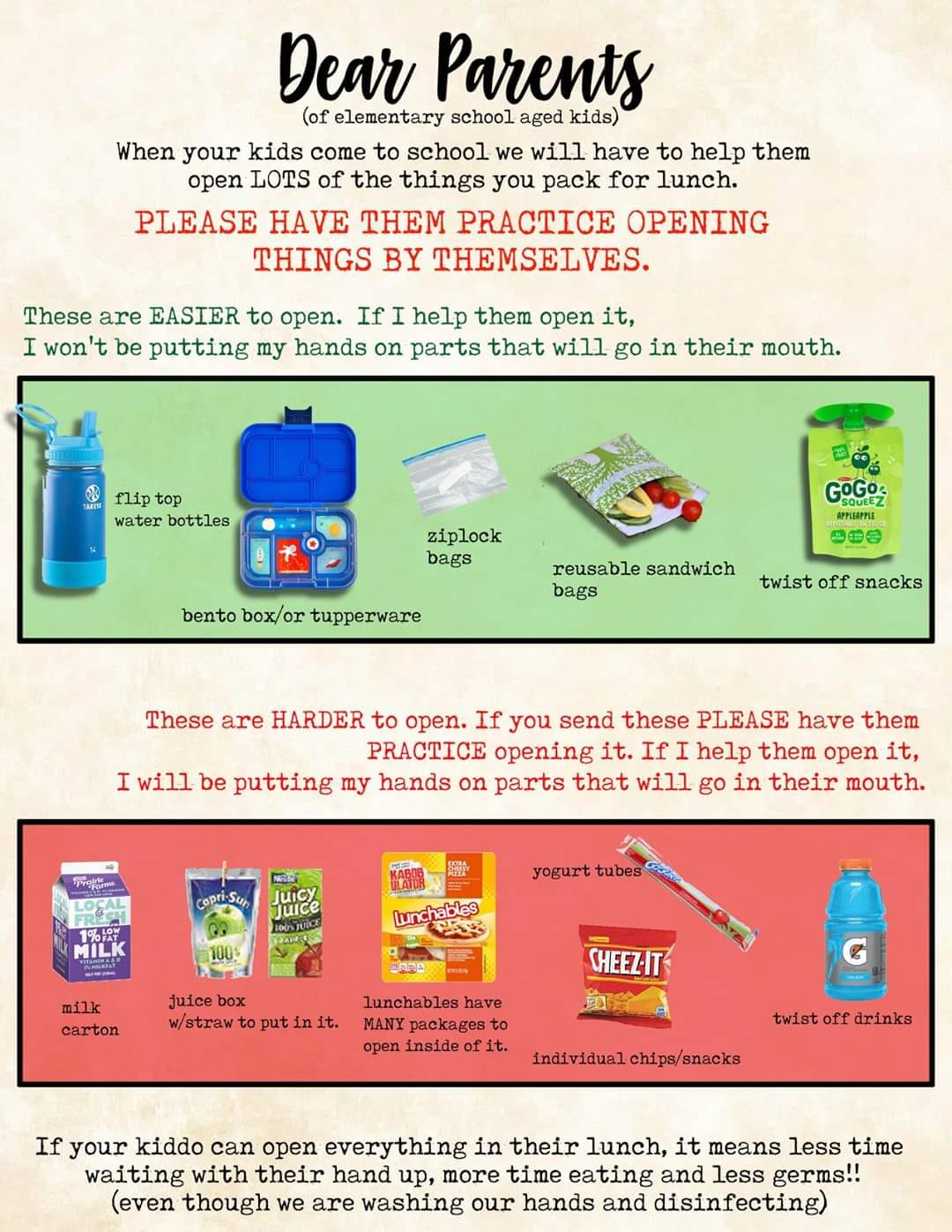Jessamin Cipollina, MA
August 31, 2020
Thanks to the COVID-19 pandemic, students have missed out on in-person learning since early spring when the virus shut down pre-K to PhD programs in academic institutions across the globe. Faculty were left scrambling to find ways to connect with their students while isolated in their homes. Administrators were challenged to stayed up to date with ever-changing information about the coronavirus and how to provide essential education to rapidly growing young minds. Parents were tasked with guiding their children through a new system of online learning by setting up their young children with the technology and materials they might otherwise have access to in their school.
As schools across the US launch a new academic year, we see a variety of learning modalities – socially distant and masked in-person classroom learning, at-home virtual lessons, or a complex combination of the two. Administrators, faculty and parents alike have been working tirelessly to develop effective curricula that takes into account many limitations that come with keeping everyone safe and healthy.
How can we as health professionals provide guidance and support to schools and families about keeping their loved ones safe as we begin the new school year? We can make an important contribution to keeping children healthy, from birth through adulthood, by encouraging them to take care of their mouths.
The mouth is the gateway to the rest of the body, and it is especially important to take care of teeth, tongue and gums. A recent study in the UK examined the connection between oral health and COVID-19 infection. The study found a significant association between high bacterial load in the oral cavity and severe COVID-19 infections. Good oral hygiene plays an important role in keeping teeth and gums healthy, and preventing harmful oral bacterial infections including tooth decay and periodontal disease.
Oral health is linked to overall health at all ages. Children should be encouraged to take charge of their oral health from a young age. Parents need to guide their children’s oral hygiene activities until they are able to do so on their own, just as they would with learning to tie their shoes. It is important for children to maintain a good oral hygiene routine day and night, and a regular brushing routine, along with healthy nutrition, is essential to promote their health now and as they move into young adulthood. You can learn more about oral health care at home from our previous blog Oral Health Home Habits for Healthy and Happy Smiles.
Efforts to reduce the transmission of germs among younger students are especially important given the current climate. Teachers and parents are at the forefront of enforcing healthy habits and classroom policies for minimizing the spread of illness. Wearing a mask, sanitizing hands, maintaining social distance and asking children to not touch their face are simple public health strategies that decrease risk of spreading and contracting COVID-19. The graphic below illustrates methods for minimizing the spread of germs at snack and lunch times.

It truly takes a village to ensure our children are equipped with the physical, mental and emotional tools they need to thrive in a pandemic environment. The past six months have tested the power of families, educators and communities to rapidly adjust our daily routines in the face of a glowering pandemic. Educators and parents alike continue to do what they do best: provide a supportive and engaging learning environment for our children, whether at school or at home. We must overcome the logistical, social and financial challenges to promote the oral and overall health and well-being of our children as we strive to resolve the COVID-19 pandemic.
Sources:
Cipollina J. Oral Health Home Habits for Healthy and Happy Smiles. OHNEP All 4 Oral Health, 2020.
Sampson, V., Kamona, N. & Sampson, A. Could there be a link between oral hygiene and the severity of SARS-CoV-2 infections? Br Dent J, 2020;228:971–975. doi.org/10.1038/s41415-020-1747-8.